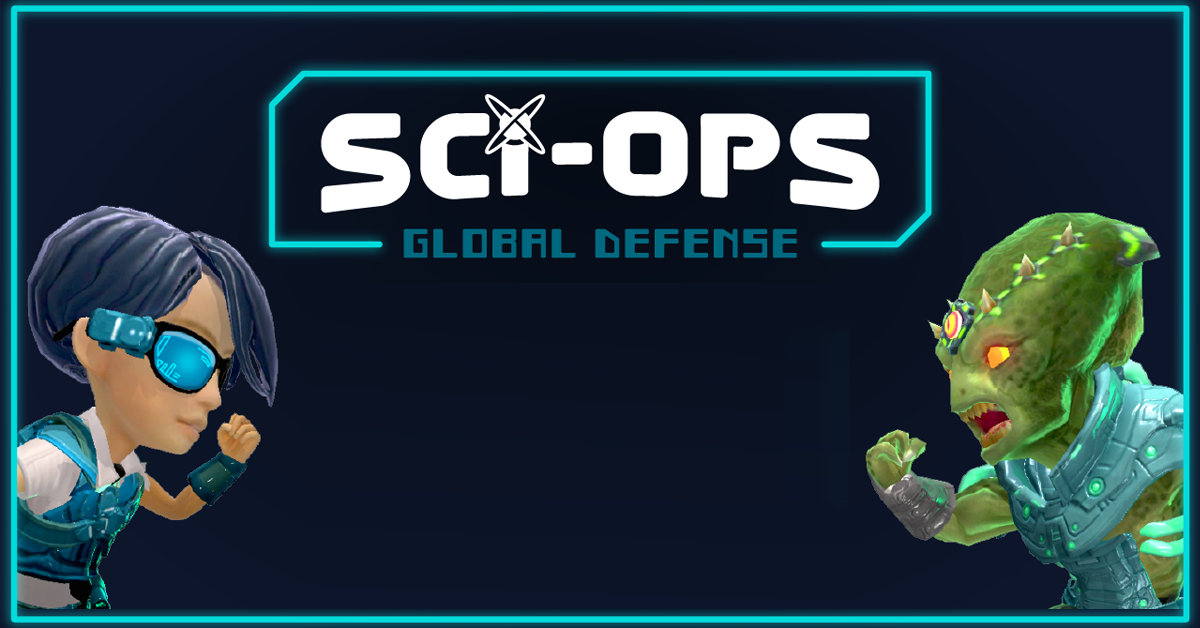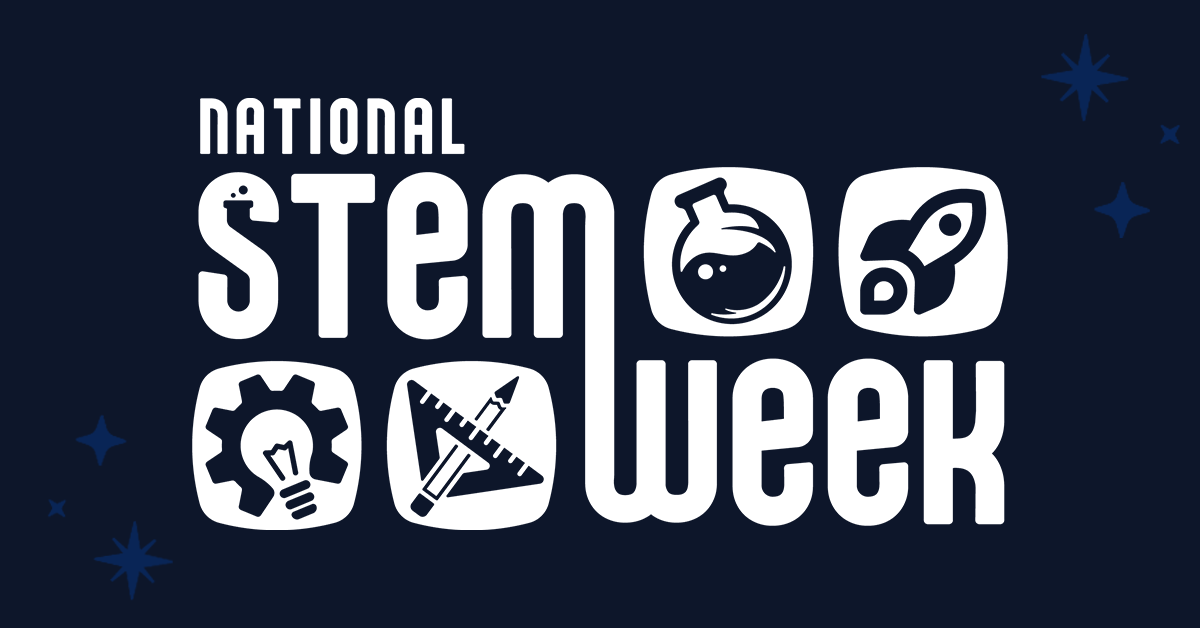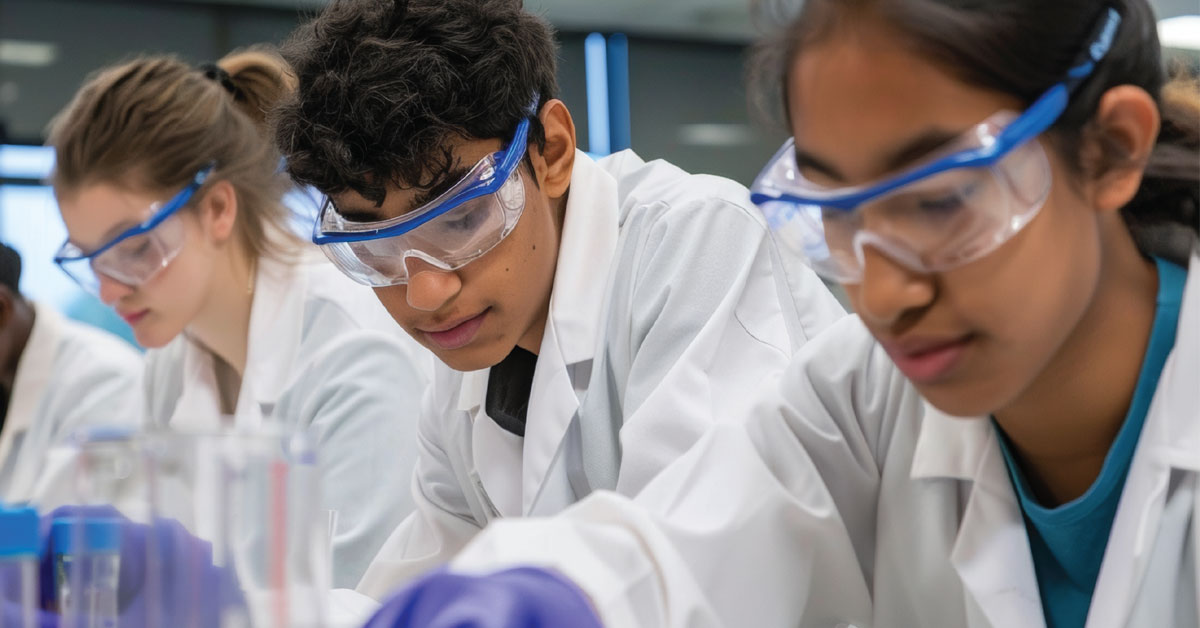Leveling Up in Chemistry: How 3D Game-Based Learning Boosted Student Scores and STEM Interest

Imagine walking into a classroom where students are as excited to learn about chemistry as they are to play their favorite video games. Sounds like a dream, right? Thanks to Plasma Games’ Sci-Ops: Global Defense, this dream is becoming a reality for science educators across North Carolina. A recent study led by Dr. Leonard Annetta at East Carolina University reveals that students who played Sci-Ops: Global Defense improved their chemistry scores by 12.7% and showed a 12.9% increased interest in pursuing chemistry further. Let’s dive into how this game-based platform is reshaping the future of science education.
The Research: Results that Speak Volumes
Dr. Annetta’s team found significant improvements not only in test scores but also in students' confidence, motivation, and career interests in chemistry. And it’s not just about scores—this game reaches students across gender, race, and socioeconomic lines, truly leveling the educational playing field.
In a study led by Dr. Teomara Rutherford from North Carolina State University, students who spent as little as 20-30 minutes with Sci-Ops improved their correct answers on end-of-course questions by 19%. Sci-Ops is engaging students in learning and, more importantly, helping them connect classroom concepts to real-world STEM careers.
Why Sci-Ops: Global Defense Works for All Learners
Teachers have long sought ways to make learning accessible and engaging. Here’s why Sci-Ops stands out:
- Realistic 3D Graphics and Gameplay: Unlike many educational games, Sci-Ops looks and feels like a high-quality video game. This level of immersion helps students forget they're learning—until they see their test scores go up!
- Standards-Aligned Content: Sci-Ops aligns directly with North Carolina’s science standards, ensuring that what students learn in the game supports what they need to know in class.
- Diverse Support Resources: From lesson plans to data analysis tools, Sci-Ops provides teachers with a full suite of materials that simplify implementation and enrich the learning experience.
- Career Connections: By exposing students to STEM and CTE career paths, Sci-Ops makes learning relevant and shows students real futures they can aim for.
What Teachers are Saying
Educators across the state are singing Sci-Ops’ praises. Katherine Gasper, a teacher in Wake County, says, “I’ve been using Plasma Games since 2019, and they constantly improve the product based on teacher feedback. Sci-Ops doesn’t just help with engagement—it helps students envision a future in STEM.”
Laura Barnett from Brunswick County School District highlights another advantage: “Plasma Games lets students learn by making choices, analyzing data, and experimenting. They’re not just memorizing—they’re actively learning, building confidence and critical-thinking skills.”
What’s Next for Sci-Ops?
With results like these, Sci-Ops is expanding across North Carolina’s school districts, with recommendations from the North Carolina Department of Commerce to continue funding the program. Today, over 800 teachers and 27,000 students are using Sci-Ops in 75 districts, bridging the gap between classroom learning and exciting STEM careers.
Conclusion
For science educators, Sci-Ops: Global Defense isn’t just a teaching tool—it’s a gateway to a brighter, more engaging future in STEM. With increased chemistry scores, renewed student interest, and a proven track record across diverse student groups, Sci-Ops is leveling up education in North Carolina and beyond. Ready to introduce Sci-Ops to your students?
Explore more at play.plasma.games.


